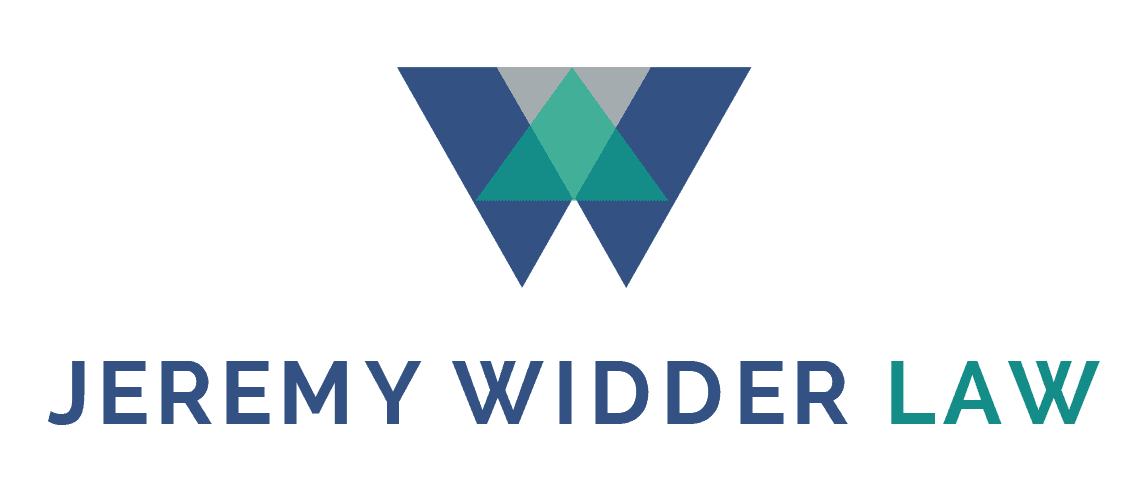Every year, more than 4 million reports of child abuse are made, totaling up to about 1 report of child abuse every 10 seconds. Maryland’s child abuse laws aim to protect children from serious harm and help curb these statistics. Maryland’s child abuse statutes make it illegal to physically, emotionally, or sexually abuse children or minors. Under Maryland law, certain third parties such as doctors and teachers, are required to report any knowledge or suspicion of abuse to the authorities.
Child abuse is a very serious subject with very serious charges. It is not to be taken lightly and being informed about the laws and the penalties they bring are incredibly important. This article serves to show the extent of the child abuse laws in Maryland, the protections the state has made for children and the penalties that are given when someone is charged with any form of child abuse.
What Does Maryland Define As Child Abuse?
Maryland state law defines child abuse as any physical injury sustained by a minor as a result of cruel or inhumane treatment and injury as the result of a malicious act under circumstances that indicate the child’s health or welfare was in harm or threatened by the result of the act. A parent or guardian must intentionally harm the child for it to qualify as abuse. Maryland categorizes child abuse into four main types: Physical, emotional, sexual, and neglect.
Child Abuse: Physical Abuse
Physical child abuse covers any non-accidental injury to a child inflicted by a parent or guardian. Incidents that may fall under physical child abuse include bruises, scrapes, cuts, and even fractures caused by hitting, kicking, throwing, or use of an object.
Child Abuse: Emotional Abuse
Emotional child abuse can also mean verbal, mental or emotional abuse. To commit emotional child abuse under Maryland law, the parent or guardian must have intentionally communicated in such a way to the child as to make the feel worthless, flawed, unloved, unwanted, or endangered. This type of abuse can range from minor insults to extreme punishment. Emotional abuse is almost always present when another form of abuse is found.
Neglect of a Minor
Neglect of a minor means that a child’s parent or guardian purposefully doesn’t provide adequate food, shelter, supervision, or medical care for the child. Legal neglect can be further broken down into four main categories.
- Physical neglect is failing to provide food, weather appropriate clothing, shelter, and supervision.
- Medical neglect is the absence of health and dental care for a child. For example, parents may be found guilty of medical neglect for refusing medically advised therapy for their child.
- Educational neglect is the failure to enroll a child in school, provide special education, or to allow excessive absences from school.
- Emotional neglect is the absence of support, affection, and love from a parent or guardian.
Neglect charges can result in a felony conviction that carries a maximum sentence of up to 15 years in prison.
Sexual Abuse of a Minor
Sexual abuse of a minor charges are brought when sexual misconduct occurs with a child, but was committed by that child’s guardian or other authority figure – not a complete stranger. This abuse can include, but is not limited to, rape, sodomy, incest, or unnatural or perverted sexual practices.
Sexual abuse of a minor is considered a felony with sentences of up to 25 years in prison.
Degrees of Child Abuse
Maryland breaks child abuse charges down into two types: First and second degree child abuse. Both are serious charges, and convictions carry substantial fines and prison time. As shown above, child neglect and sexual abuse of a minor are related charges that have their own set of punishments due to the severity of the crime.
Second Degree Child Abuse
Parents, family members, guardians or household members can be charged with second-degree child abuse when prosecutors believe that they treated the child cruelly or inhumanely on purpose, thereby harming or threatening to harm the child’s welfare.
Penalties for Second Degree
Punishment for second-degree child abuse is a criminal misdemeanor sentence of up to 5 years in prison and a maximum fine of $10,000 for each violation.
First-degree Child Abuse
When a parent or guardian abuse a child to the point their actions result in the child’s death or severe injury, then first-degree child abuse charges may be filed. Maryland laws define severe injury as starvation, concussions, disfigurement, and loss of function of part of the body.
Penalties for First Degree Child Abuse
First-degree child abuse is a felony conviction. It carries a maximum sentence of 25 years if the child was severely injured and a maximum sentence of 40 years if the child died.
Reporting Child Abuse
If you suspect that someone is abusing a child, you can contact child abuse resources in your state or nonprofits such as ChildHelp. You can also visit FindLaw’s Where to Get Help for Child Abuse section for more information on how to protect children.
Child Abuse Accusations
In Maryland, any perceived abuse against a child must be reported to authorities. Failure to report can lead the person who neglected to report to get a fine up to $10,000 and/or 5 years in prison. As of October 2019, the Maryland legislature required that every Marylander must report abuse.
Get Help Today with Widder Law
With years of experience behind us, Jeremy Widder Law knows how to handle sensitive cases. If you have been falsely accused of a serious crime, it is crucial that you have an experienced criminal defense lawyer on your side. Select someone who is knowledgeable in your specific charge and defense.
Jeremy Widder Law is a Maryland-based legal firm specializing in protective orders and minor offenses, substance-related offenses, property crimes and non-violent felonies, as well as major offenses and violent felonies.
Getting charged with a crime can be scary. You want someone who will listen and be your advocate. We are committed to walking with you from start to finish and giving your unique case the attention it deserves.
Contact Jeremy Widder Law for your consultation today.






